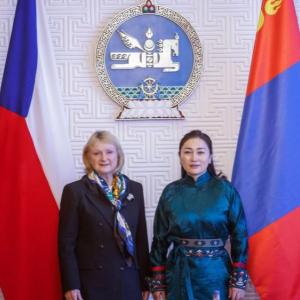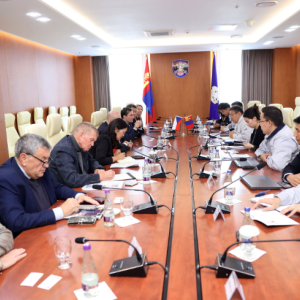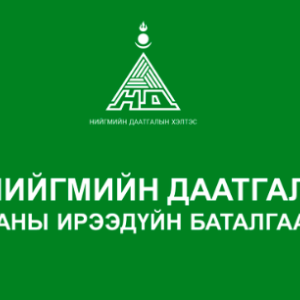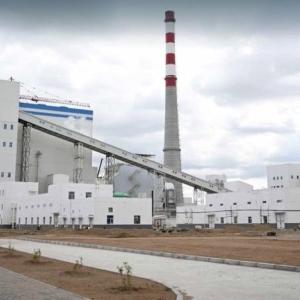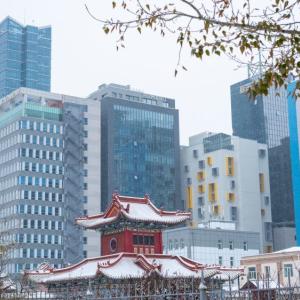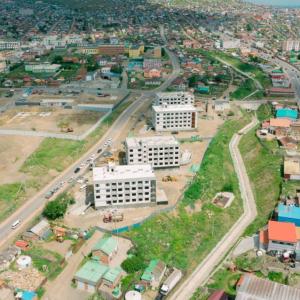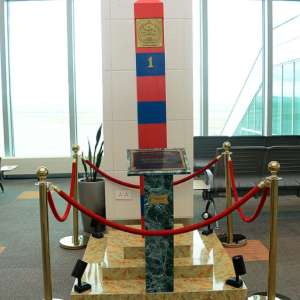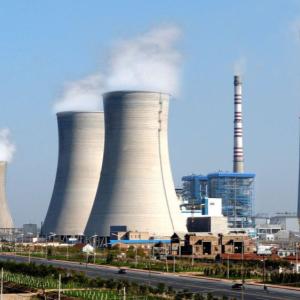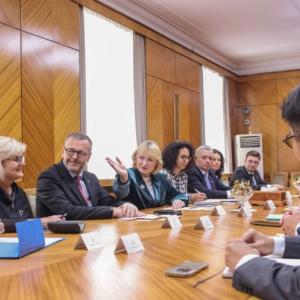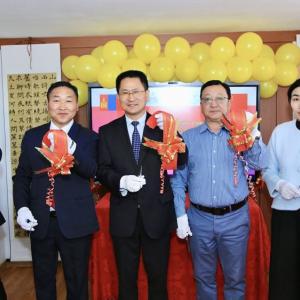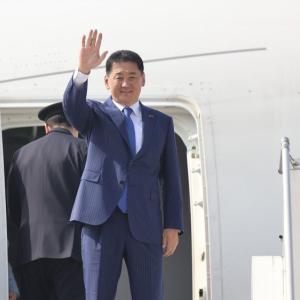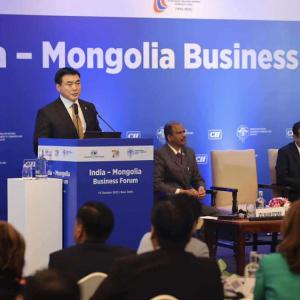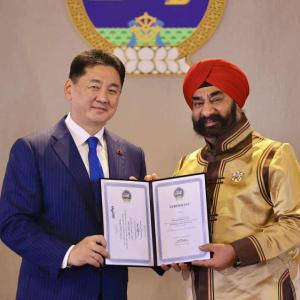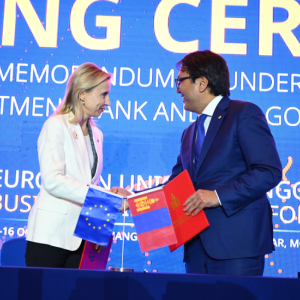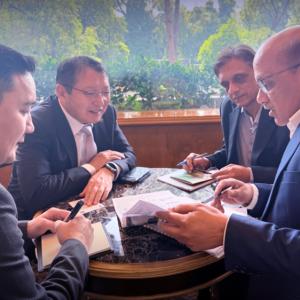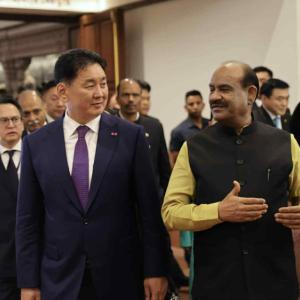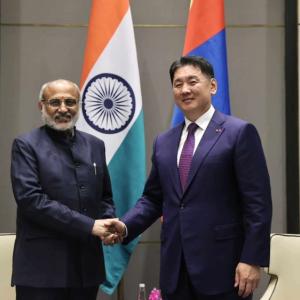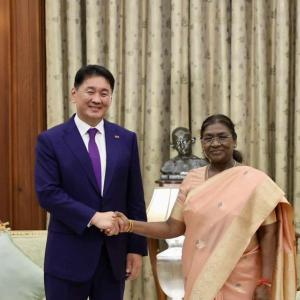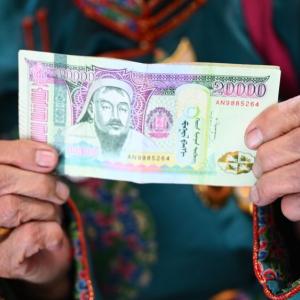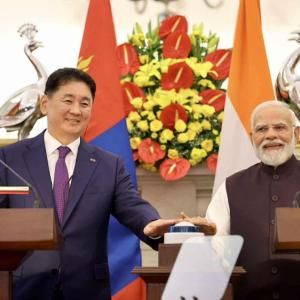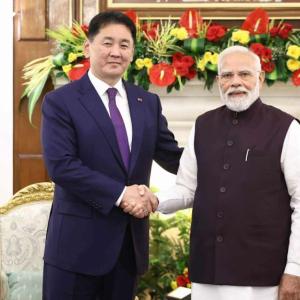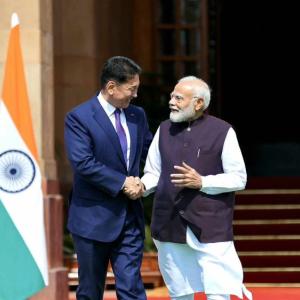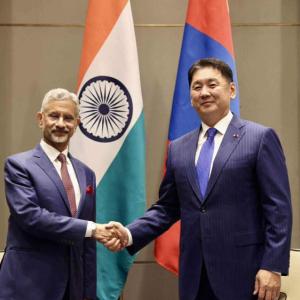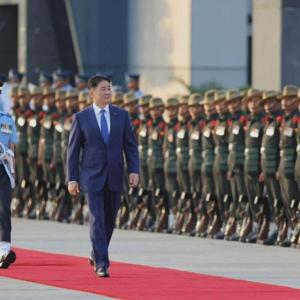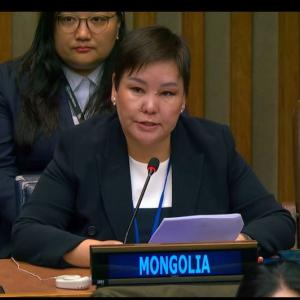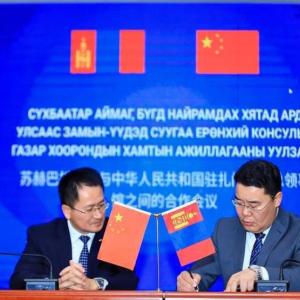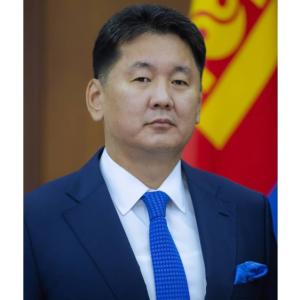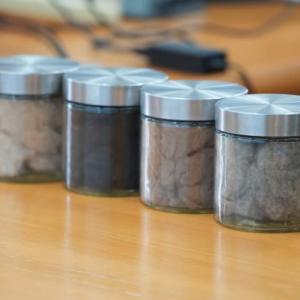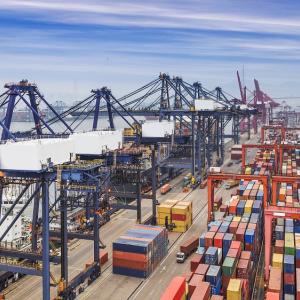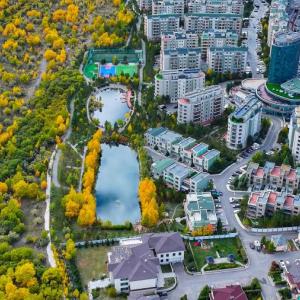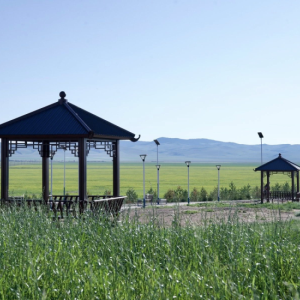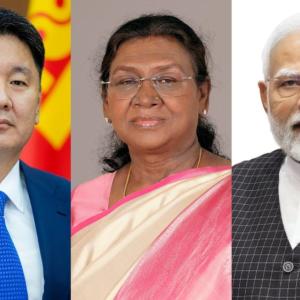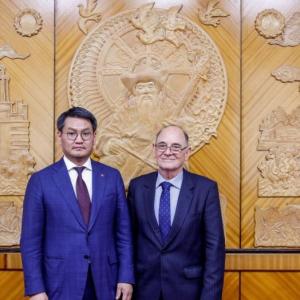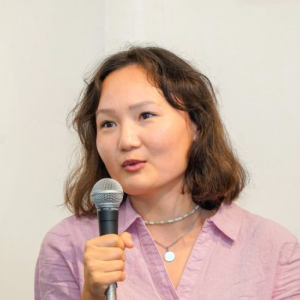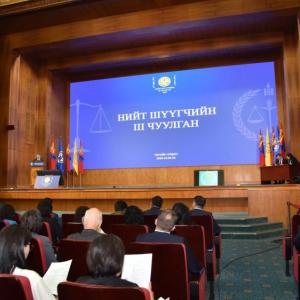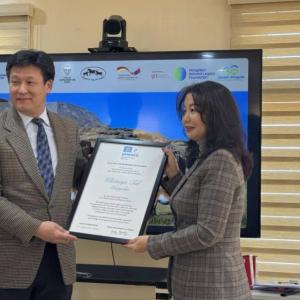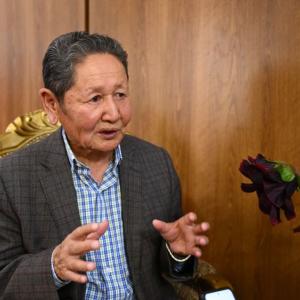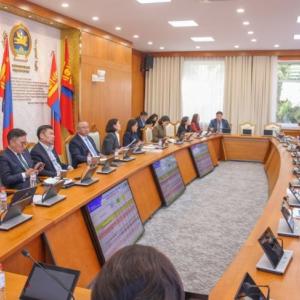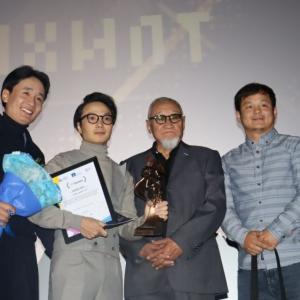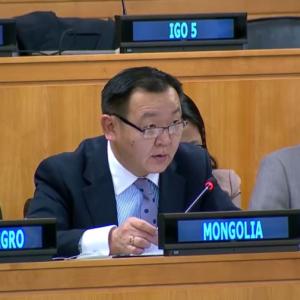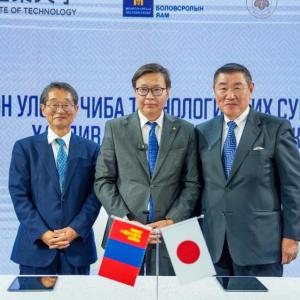UNDP Spotlights Green Financing for Agriculture Sector at Mongolia’s Sustainable Finance Week 2023
Economy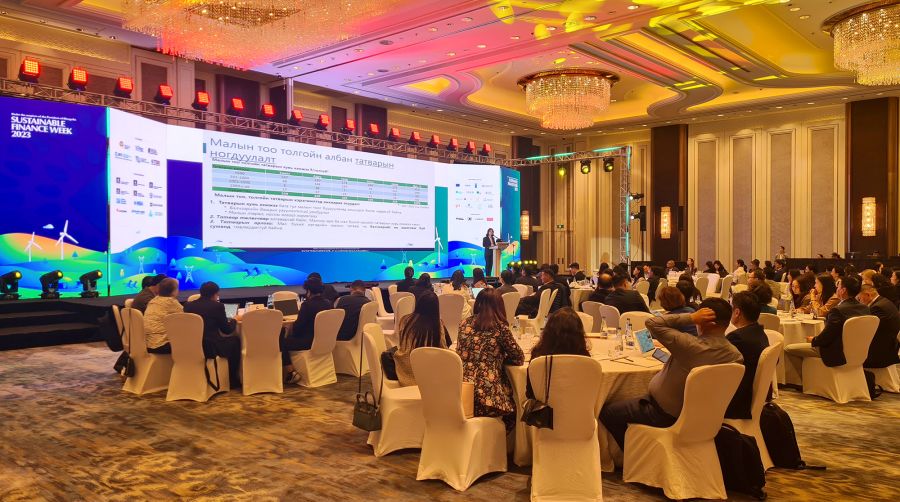
Ulaanbaatar, June 16, 2023 /MONTSAME/. UNDP Mongolia supported and participated in Mongolia's second annual Sustainable Finance Week 2023 which took place from 13 June to 16 June 2023, under the auspices of the President of Mongolia, with a focus on ‘'Financing Green and SDG-Aligned Future.”
UNDP took the lead in facilitating and engaging in a comprehensive dialogue on financing for sustainable agriculture based on its interventions in the areas of climate adaptation, introduction of payment for ecosystem services, results-based and SDG-aligned budgeting, sustainable cashmere, traceability mechanism and systems approach. The discussions encompassed a high-level policy dialogue focused on sector policies, impact of financial incentives and subsidies, and the utilization of green financing instruments to amplify the investment in sustainable agriculture.
The agriculture sector holds significant economic and social importance for Mongolia, contributing approximately 15% to the national GDP. Moreover, with over 85% of the provincial economies being reliant on agriculture, it underscores the crucial role that sustainable agriculture plays in the achievement of Mongolia's long-term sustainable development priorities.
With funding from the Joint SDG Fund, UNDP has provided support to the Government of Mongolia to developing its Integrated National Financing Framework and Strategy which will serve as a crucial catalyst for mobilizing financing for sustainability and fostering partnerships with the private sector across all sectors.
Furthermore, in Mongolia, a UNDP-led study estimates that approximately 126 trillion MNT (~36 billion USD) is required to achieve the Sustainable Development Goals (SDGs) by 2030, equivalent to 17 percent of the country's annual GDP from 2021-2030. Recognizing that public resources alone will not suffice to meet this need, it is crucial to diversify funding sources, including private sector investments and international investments.
Moreover, UNDP, in collaboration with partners, has supported the Government of Mongolia in developing innovative financial tools and instruments to enhance green and SDG-aligned financing in Mongolia. These tools include the SDG Bond Framework, Gender Bond Framework, Debt for Climate Swap, ESG Reporting Standards, SDG Investor Map, and SDG Taxonomy, which was launched during Mongolia’s Sustainable Finance Week 2023 making Mongolia one of the first countries in the world to launch the Taxonomy.
"We are halfway to 2030. Achieving the SDGs in Mongolia needs acceleration and thus efforts should focus on innovative approaches to finance and incentivizing sustainable practices, as it is no longer merely a choice but a necessity," emphasizes Ms. Elaine Conkievich, UNDP Mongolia Resident Representative. “By embracing green and SDG-aligned financing, Mongolia can unlock its true potential and pave the way for a prosperous and resilient future for all its citizens.”
Five projects implemented by UNDP Mongolia participated in the Forum, affirming UNDP’s commitment to advance sustainable development in the country including "SDG-Aligned Budgeting to Transform Employment in Mongolia," "Strengthening Systems Approach for SDGs in Mongolia," "Improving UN House, Adaptive Capacity and Risk Management of Rural Communities in Mongolia," "Biodiversity Finance Initiative Phase II," and "Mongolian Sustainable Cashmere Platform."
UNDP Mongolia would like to extend its sincere appreciation to its esteemed partners, namely the European Union, Green Climate Fund, Global Environment Facility, and UNDP's core partners including Germany, Norway, Switzerland, Belgium, the United Kingdom, Canada, and Mongolia. The unwavering support received from these entities and countries has been invaluable in driving the success of UNDP’s overarching mission to assist Mongolia in building an inclusive, sustainable, and prosperous future for all.
Source: UNDP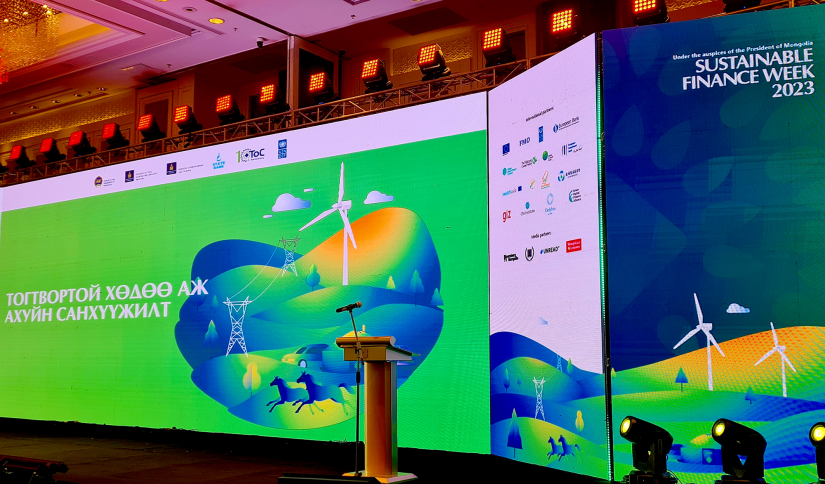
 Ulaanbaatar
Ulaanbaatar






